1. Bobby Sherman
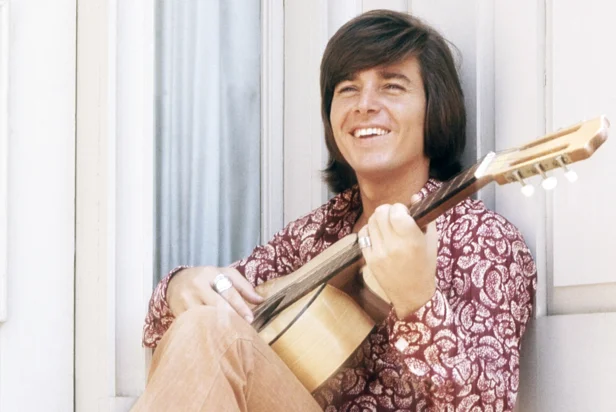
Bobby Sherman was one of the biggest teen idols of the late ’60s, with his wholesome smile and catchy songs making him a household name. But after the screaming fans grew up and the charts stopped calling, Sherman did something that shocked everyone—he became an EMT and later a police officer. He trained to save lives and spent years responding to emergencies in Los Angeles. Fans who once screamed for him at concerts started recognizing him in uniforms on the streets. He found joy in helping people rather than basking in the spotlight.
Sherman even trained new police officers in CPR and first aid, proving his fame could be used for something bigger than music. While he occasionally still pops up for nostalgic TV specials, his heart clearly found its place in service. It’s hard to imagine another teen idol making such a practical shift, but Sherman did it gracefully.
2. Fabian Forte
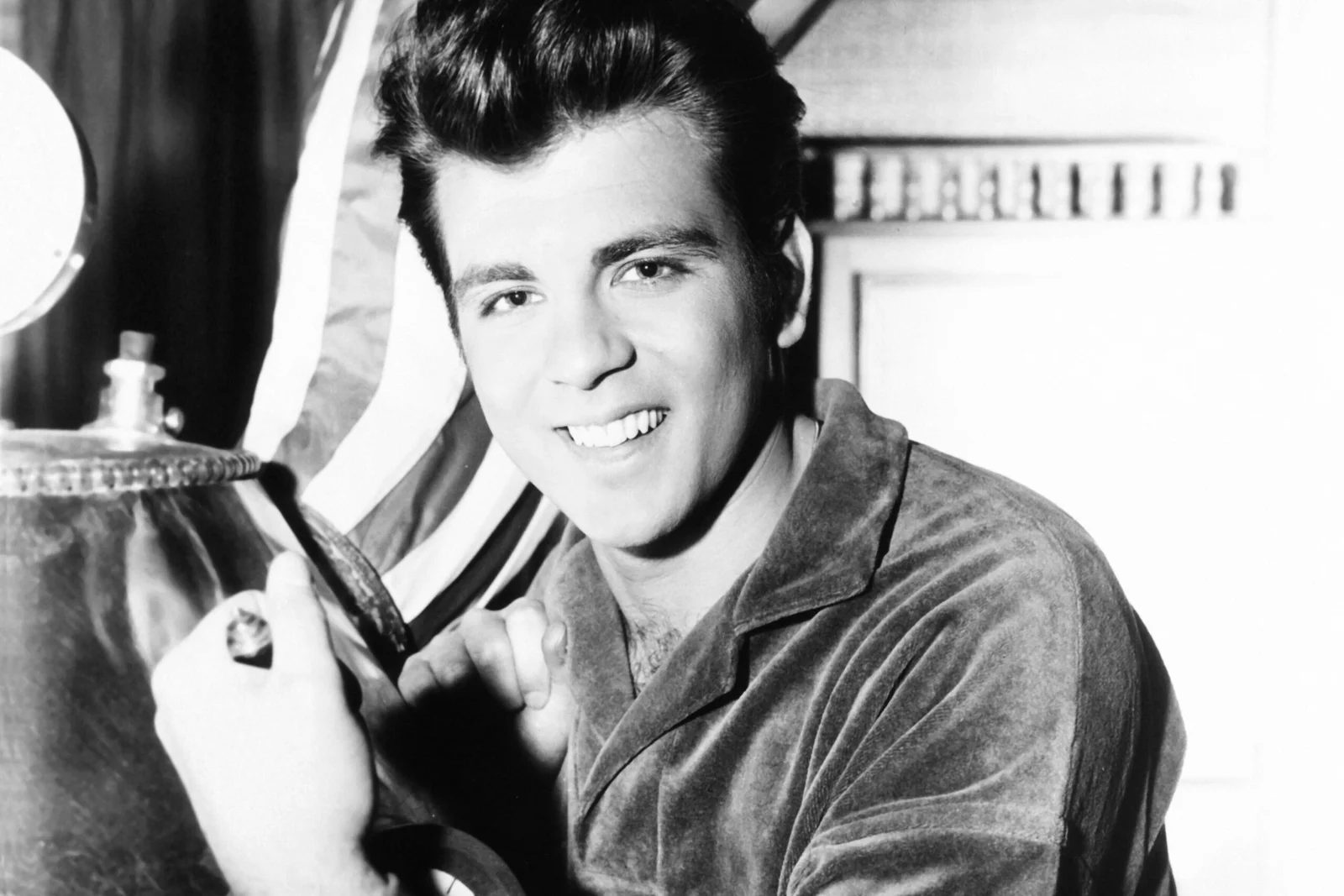
Fabian was discovered as a teenager in Philadelphia and marketed as the next Elvis Presley. He had hits and swooning fans, but his singing ability was often questioned. When the music faded, Fabian pivoted to acting, but his career stalled. He eventually found himself testifying before Congress about how record companies manufactured teen idols.
Later, Fabian leaned into his fame in a tongue-in-cheek way, appearing in reunion tours and nostalgia circuits. His strange detour was less about finding a new passion and more about becoming a symbol of the teen idol machine itself. In a way, his career is a reminder of how quickly fame can be packaged and sold.
3. Ricky Nelson
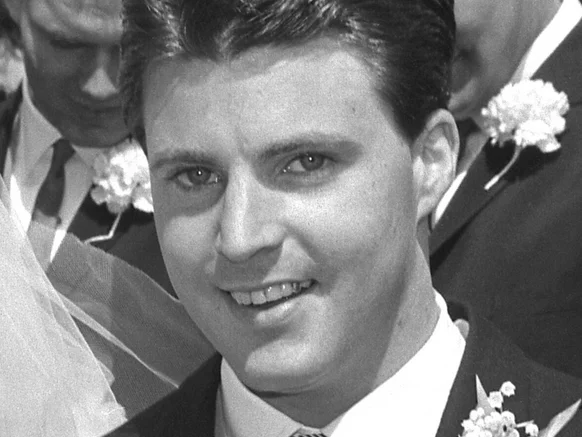
Ricky Nelson had the advantage of growing up on The Adventures of Ozzie and Harriet, which made him America’s sweetheart before he even started singing. His music career was strong, but by the late ’60s he struggled to adapt to changing tastes. He performed at Madison Square Garden in 1971, where he was booed for trying to update his style. That rejection haunted him, and he turned inward.
Nelson kept performing, but his life grew messy with financial troubles and personal struggles. Sadly, he died young in a plane crash in 1985, making his story one of the most tragic of all the teen idols. His strange path wasn’t just about career choices, but the way fame turned on him so suddenly.
4. Davy Jones
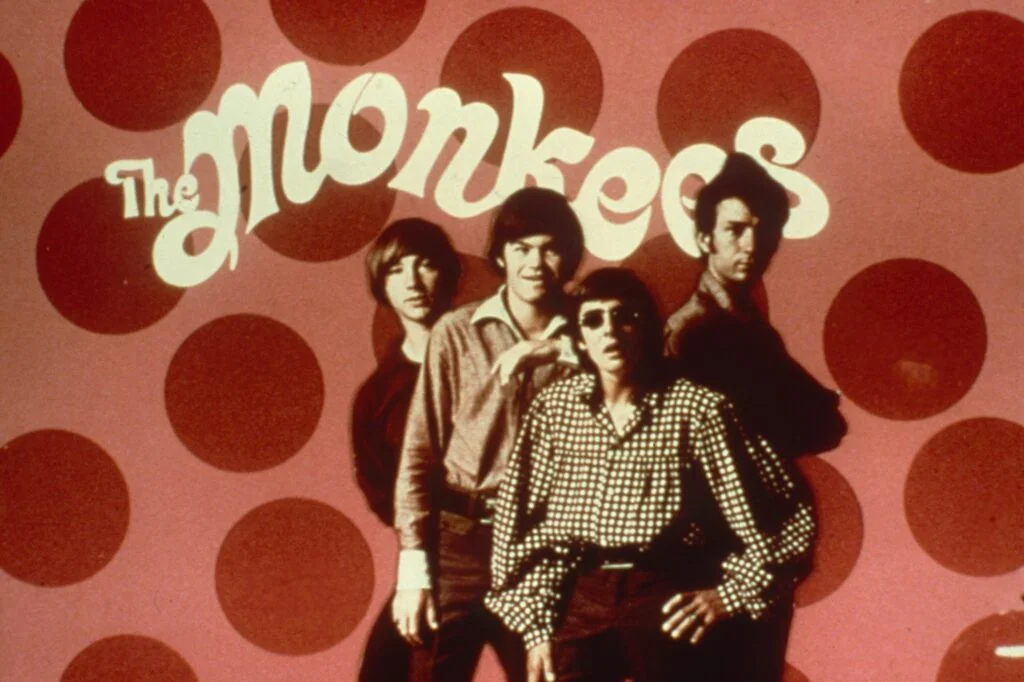
As the heartthrob of The Monkees, Davy Jones was adored worldwide. After the group disbanded, he tried to maintain a solo career but didn’t find the same success. In an unusual twist, he returned to his first love—horse racing. Jones had been a jockey before fame and picked it back up, even racing professionally in England.
He also opened a stable and bred horses, something few fans expected from a former teen idol. While he never reached the same pop culture heights again, his unusual move into equestrian life showed he was happiest away from the spotlight. Jones returned for Monkees reunions, but his post-idol life was defined more by the racetrack than the stage.
5. Paul Petersen
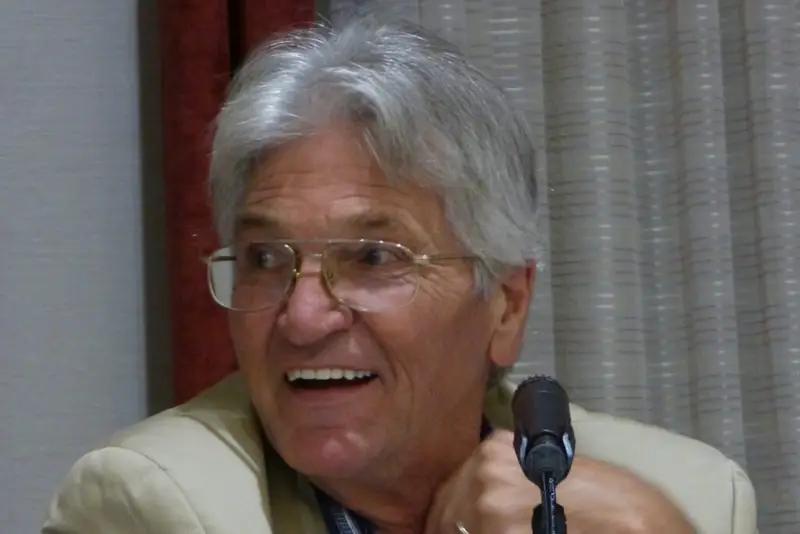
Paul Petersen rose to fame as the teen son on The Donna Reed Show and found himself caught in the whirlwind of ’60s idol fame. But when the show ended, he struggled with addiction and a sense of loss. Petersen eventually turned his pain into advocacy by founding “A Minor Consideration,” an organization supporting child actors who face similar struggles.
He became a fierce advocate, testifying before Congress and speaking out about the dark side of child stardom. His strange path wasn’t about a quirky new career, but about dedicating his life to fixing the broken system he’d been trapped in. That advocacy became more meaningful than his time as an idol.
6. Bobby Rydell
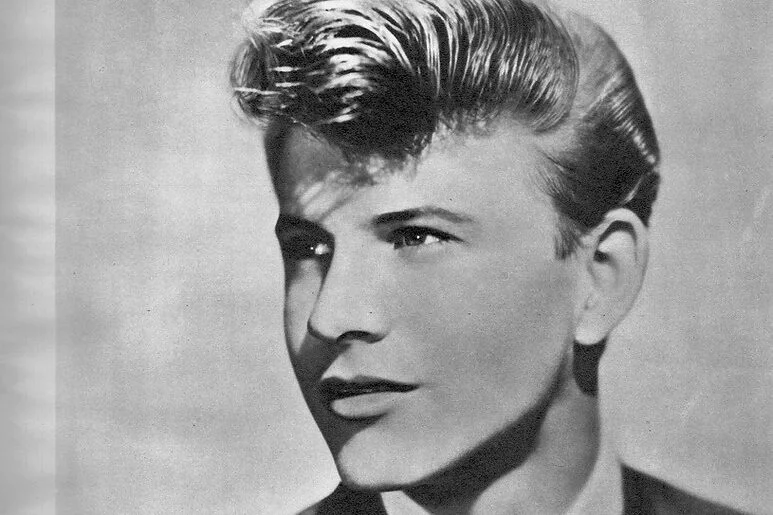
Bobby Rydell was one of the earliest Philadelphia teen idols, with hits like “Wild One.” But when the British Invasion arrived, his career faltered. He turned to cabaret performances, embracing a lounge-style career that felt a world away from his teen idol days.
Even stranger, his health took center stage when he became a double transplant recipient. After receiving both a kidney and a liver, Rydell became a vocal advocate for organ donation. His post-idol years were less about fame and more about survival and giving back.
7. Frankie Avalon
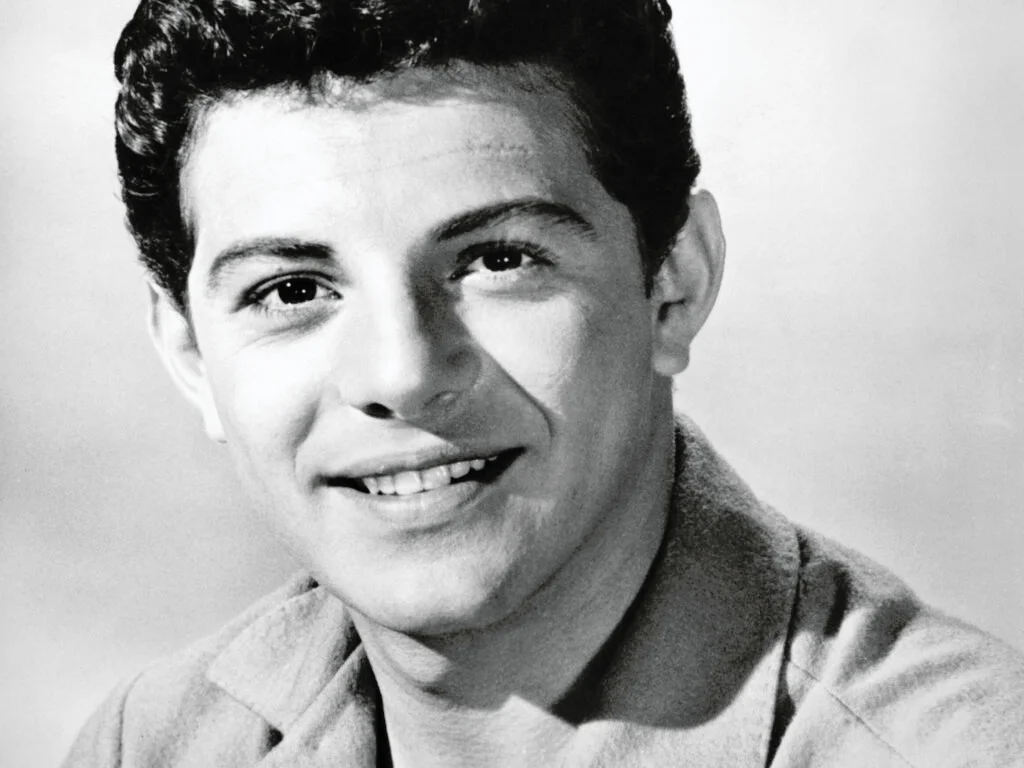
Frankie Avalon had a string of hits and a successful run in the Beach Party movies. But as tastes changed, he pivoted in an unusual direction: business. Avalon created a line of health and beauty products, including his own line of wigs, and later branched into Italian food products sold on shopping networks.
This shift from teen heartthrob to businessman surprised many, but Avalon leaned into it with charm. He still performs in nostalgia shows, but he’s made just as much of an impact selling pasta sauce as he did singing “Venus.”
8. Connie Stevens
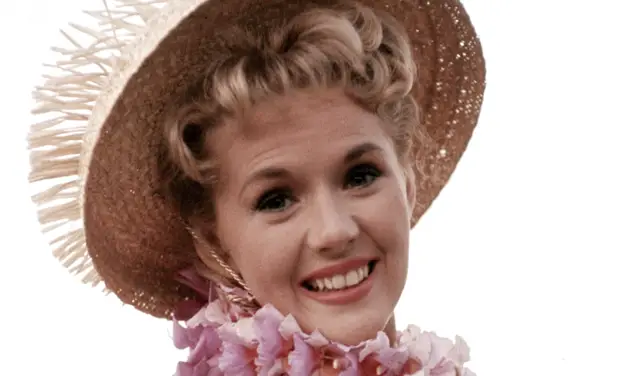
Connie Stevens was beloved for her singing and acting roles, particularly on Hawaiian Eye. After the peak of her career, she tried directing a documentary and even created her own cosmetics company. It wasn’t a typical move for a teen idol, but it gave her independence in Hollywood.
She also dabbled in politics, campaigning for various causes and candidates. That combination of cosmetics mogul, director, and activist made her one of the more unpredictable former teen idols of the era. Stevens carved a path that went far beyond her singing career.
9. Annette Funicello
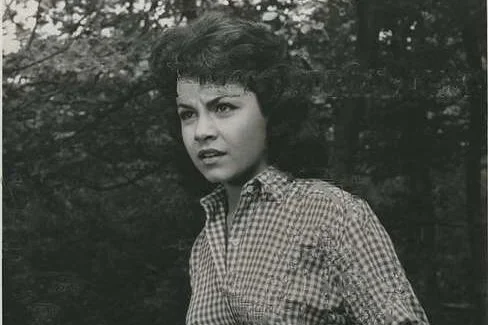
Annette Funicello was a Mouseketeer turned beach movie queen, adored by millions. But when she stepped away from acting, her life took a heartbreaking turn. She revealed in 1992 that she had multiple sclerosis, and her final decades were defined by health battles.
What made her journey unusual wasn’t just her illness but the way she remained so open about it. She used her fame to raise awareness and funding for research, turning her personal tragedy into a cause. Fans who once saw her as a bubbly teen idol began admiring her for her resilience.
10. Shelley Fabares
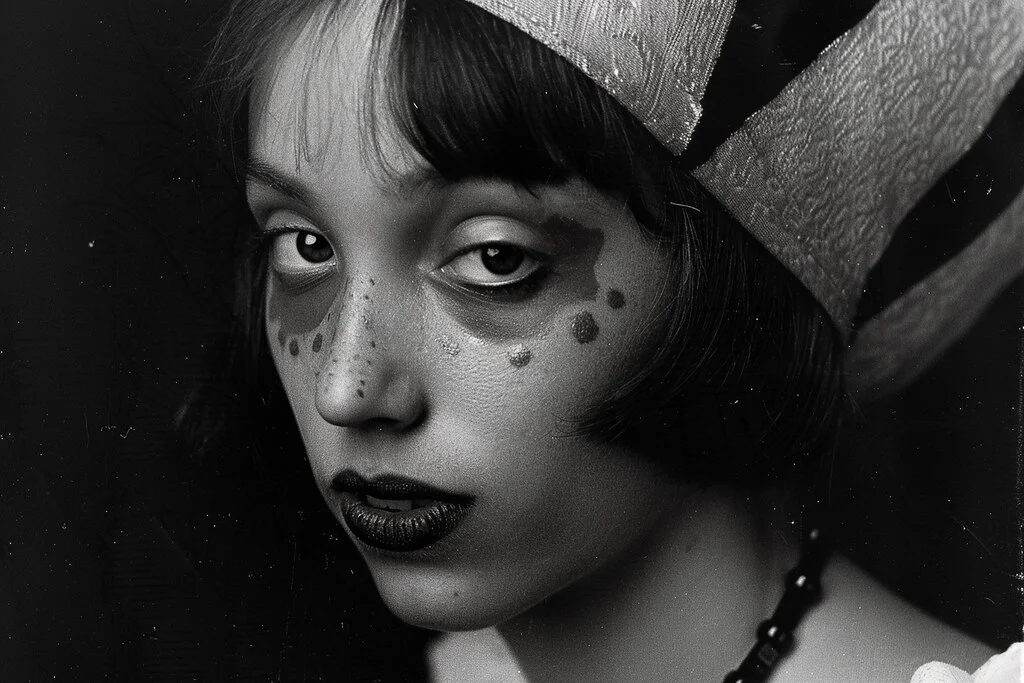
Shelley Fabares shot to fame with her role on The Donna Reed Show and her hit single “Johnny Angel.” Unlike many idols, she found long-lasting success on television, but her strange path came later. Fabares battled major health issues, including liver disease, and eventually underwent a liver transplant.
Her career turned into a lesson in resilience, as she balanced acting with advocating for organ donation. It’s not the flashy career shift fans expected, but it gave her post-idol life deeper meaning. She remains admired not only for her early roles but also for her perseverance.
11. James Darren
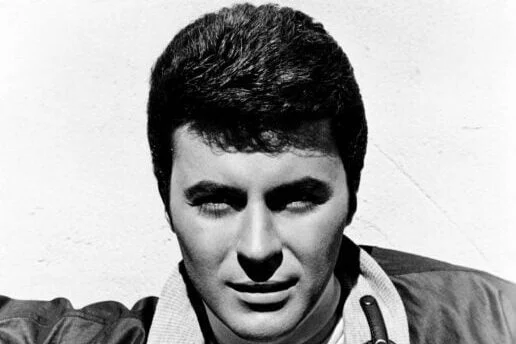
James Darren charmed audiences in Gidget and on stage as a crooner. But his career took an unusual turn when he became a television director. Darren directed episodes of shows like Beverly Hills, 90210 and Melrose Place, reinventing himself behind the camera.
He also returned to acting in later years, playing Vic Fontaine on Star Trek: Deep Space Nine. His path is unusual not because he left the industry but because he completely flipped roles, from teen idol to respected director and character actor. That reinvention kept him relevant far beyond his idol days.
12. Pat Boone
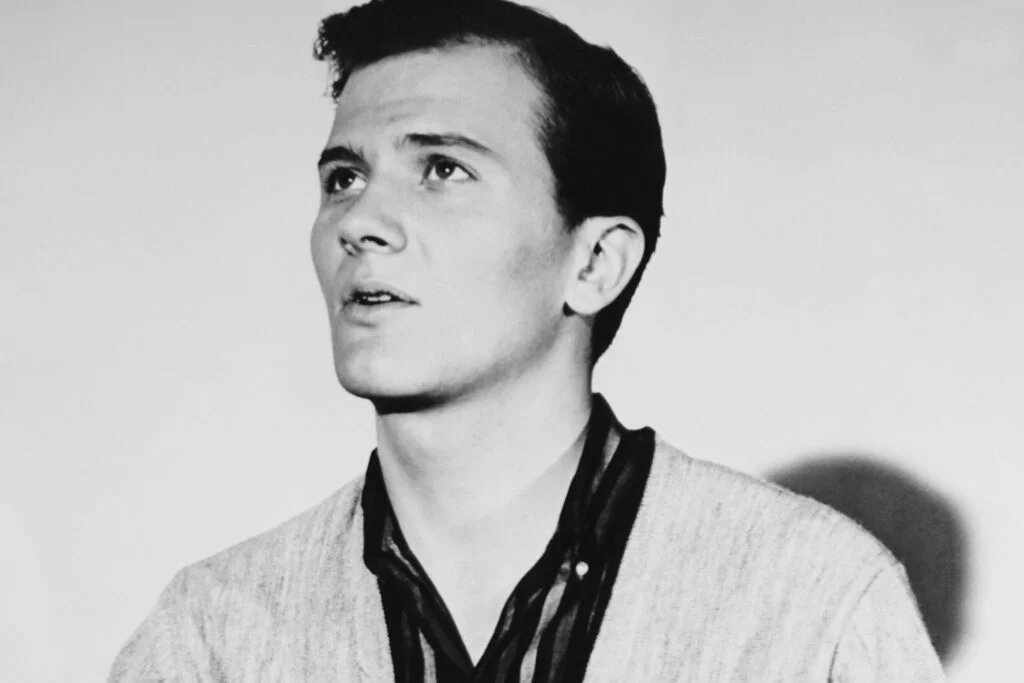
Pat Boone was one of the most squeaky-clean teen idols of the ’50s and ’60s. While others experimented with edgy roles, Boone went in an unusual direction by embracing conservative politics and evangelical work. He even recorded Christian rock music and wrote books about his faith.
At one point, he took a bizarre turn with a heavy metal parody album, surprising even his most loyal fans. The strange mix of conservative activism and tongue-in-cheek music made his post-idol career unpredictable. Boone remains one of the most unusual cases of a teen idol reinventing himself.
13. Lesley Gore
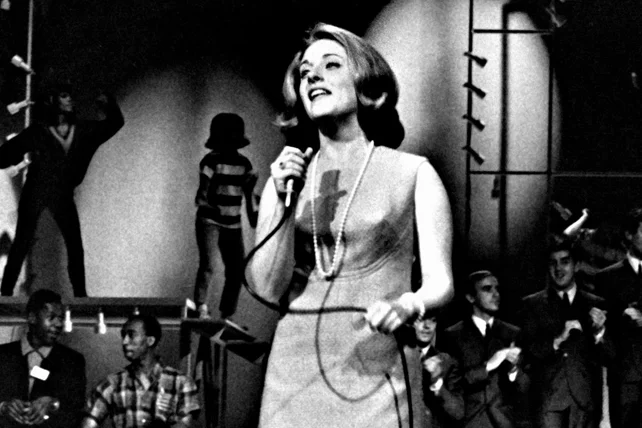
Lesley Gore broke out with “It’s My Party” and quickly became a teen idol for young women in the ’60s. But when the hits slowed down, she made an unusual pivot. Gore focused on songwriting and penned tracks for other artists, stepping out of the spotlight.
Even more surprising, she became an outspoken advocate for LGBTQ+ rights, coming out later in life. That advocacy defined her later years far more than her early teen idol status. Her career path proved she had more to offer than just pop hits.


